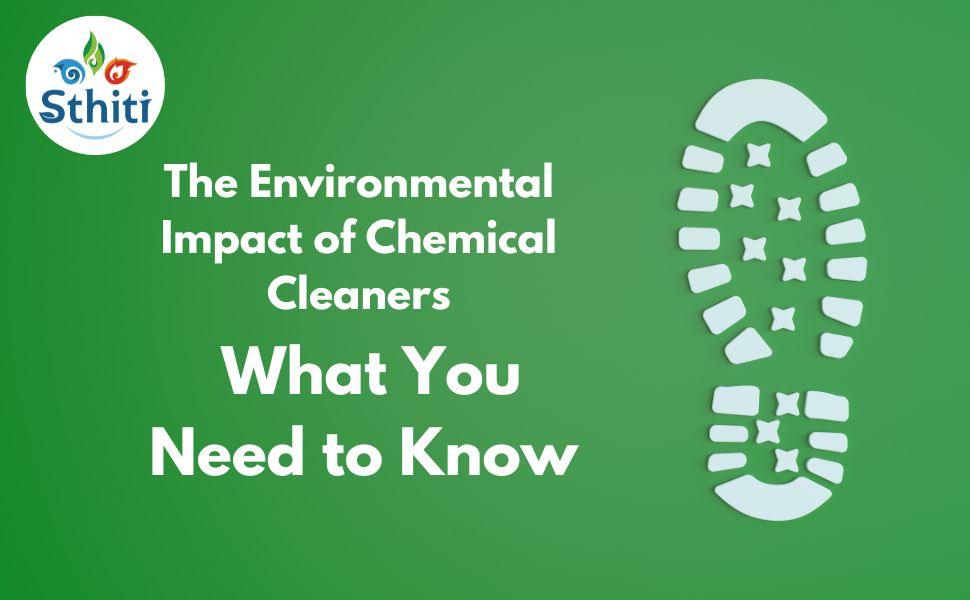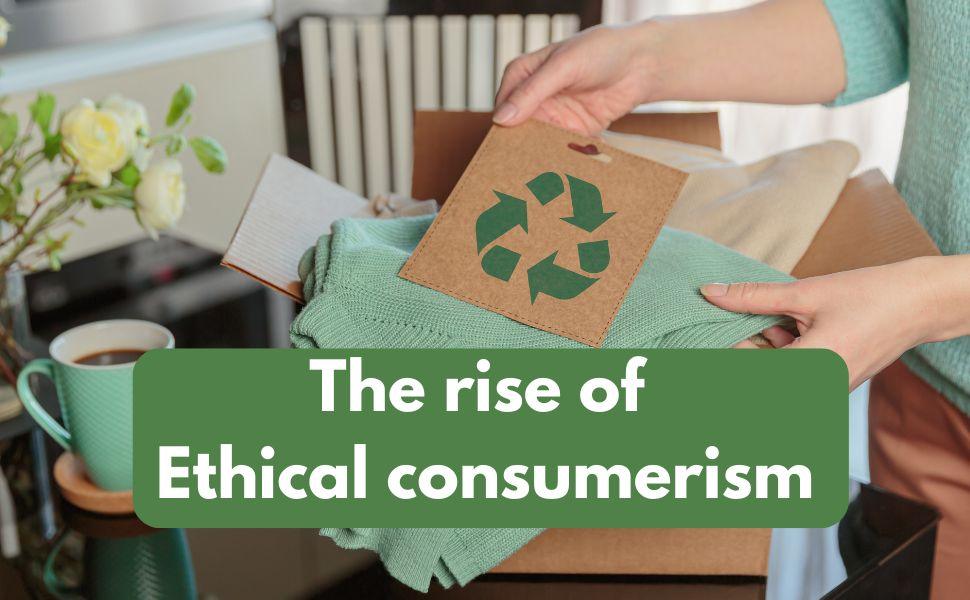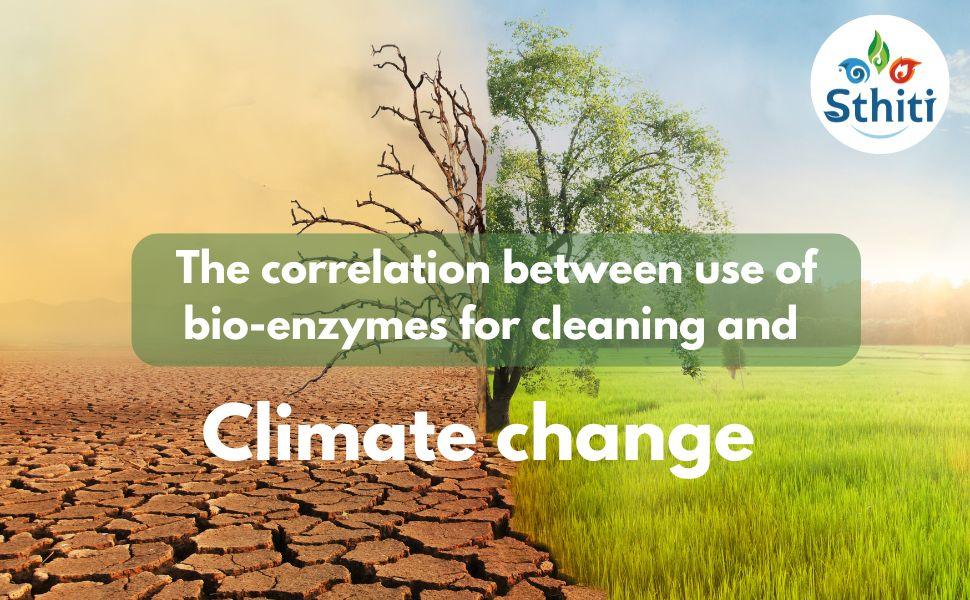
The Environmental Impact of Chemical Cleaners: What You Need to Know

Chemical cleaners have long been a staple in many households, prized for their ability to quickly and effectively remove dirt and grime.
However, what many people may not realise is that these cleaners can have a significant impact on the environment.
From the manufacturing process to disposal, chemical cleaners can contribute to pollution, water contamination, and harm to wildlife.
Here's what you need to know about the environmental impact of chemical cleaners:
- Manufacturing Process: The production of chemical cleaners often involves the use of non-renewable resources and can generate large amounts of waste and pollution. Chemicals used in cleaners can also contribute to air pollution and greenhouse gas emissions.
- Water Contamination: When chemical cleaners are used and washed down the drain, the chemicals can end up in waterways, where they can harm aquatic life and disrupt ecosystems. Some chemicals can also accumulate in the environment over time, leading to long-term damage.
- Air Pollution: Volatile organic compounds (VOCs) found in many chemical cleaners can contribute to indoor and outdoor air pollution. VOCs can react with other chemicals in the air to form ozone, which can be harmful to human health and the environment.
- Health Risks: Chemical cleaners can pose health risks to humans, especially those with respiratory conditions or sensitivities. Exposure to certain chemicals found in cleaners has been linked to asthma, allergies, and other respiratory problems.
- Packaging Waste: Chemical cleaners often come in plastic bottles and containers, which contribute to the growing problem of plastic pollution. These containers can end up in landfills or in the environment, where they can take hundreds of years to decompose.
- Harm to Wildlife: When chemical cleaners are disposed of improperly, either through dumping or through wastewater, they can harm wildlife. Chemicals can leach into soil and water, affecting plants and animals.
- Alternative Solutions: There are many eco-friendly alternatives to chemical cleaners that are safer for the environment and your health. Plant-based cleaners, vinegar, baking soda, and lemon juice are all effective natural cleaners that can be used as alternatives.
- Reducing Your Impact: You can reduce your impact on the environment by choosing eco-friendly cleaners, using them sparingly, and properly disposing of them. Look for cleaners that are biodegradable, Paraben-free, phosphate-free, and have minimal packaging.
The environmental impact of chemical cleaners is significant and should not be overlooked. By choosing eco-friendly alternatives and being mindful of how you use and dispose of cleaners, you can help reduce your impact on the environment and protect the planet for future generations.






